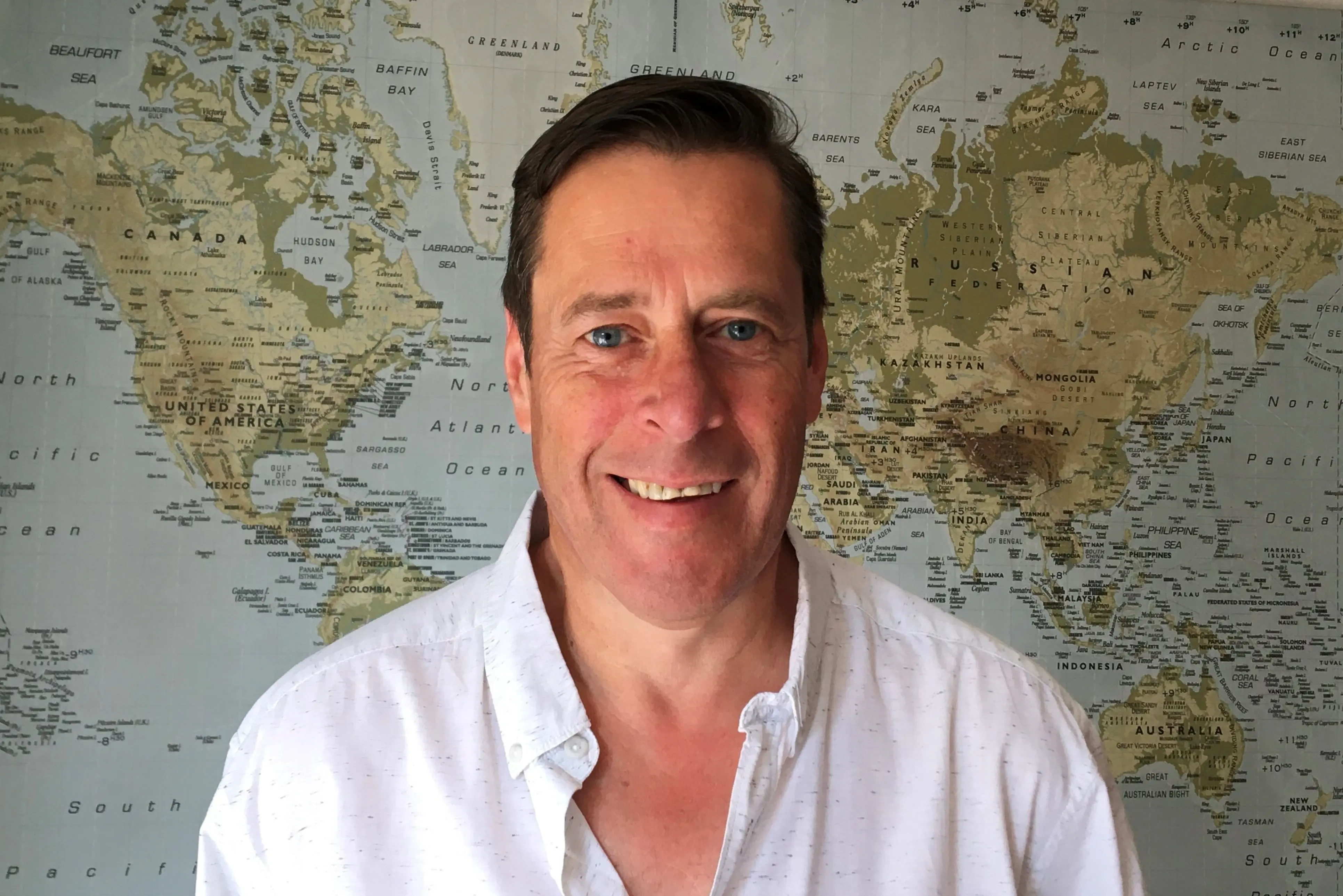Insight into the Fostering Panel Process, with Independent Panel Member David Bazell
Date published
02 June 2023
02 June 2023

Those looking to foster must go through an application process. One key stage of this fostering process is something known as ‘Panel’.
By this point, you have almost achieved your goal of becoming an approved foster carer ahead of meeting with the Foster Panel. The outcome of the Panel is a recommendation, that then goes towards a final decision made by the Agency Decision Maker. The Agency Decision Maker will make the determination of whether you are approved as an Olive Branch foster carer.
To find out more about this stage and what the Panel involves, we spoke to Independent Panel Member David Bazell…
Tell us a bit about yourself.
My name is David Bazell. I’m a retired Social Worker, and I’ve been an Independent Panel Member for about three years. I’m in a pool of Panel members, and I get picked once a month or so to sit on Olive Branch Fostering’s Panel. Prior to this, I worked for children’s charities for about 20 years, as well as working in adoption in Trafford for five years. A former colleague asked if I’d be interested in being a Panel member, and I haven’t looked back since!
Why is the panel process so important?
Panel is massively important because of the range of skills sitting around the table. The process is made up of a variety of different experiences, including those who are foster carers and have been fostered. The fact that you get many different views, rather than just one perspective, is what makes it so crucial.
Do you have any advice for passing the panel interview?
The panel is very friendly, and we’re certainly not there to trip people up. We understand that sitting around a table with six or seven people interviewing you can be nerve-wracking, but my best advice is, to be honest and upfront. It's fine to be apprehensive. In fact, being nervous is completely normal!
I’d be more worried if an applicant wasn’t nervous, as it could indicate they’re not being realistic about the potential challenges ahead.
There are two different types of Panel. One group are being reviewed, and the other group are being interviewed to foster for the first time. For those already fostering and being reviewed, I would say be honest about any difficulties with the children you’re fostering, because then our team can help provide you with additional support.
What sort of questions do Panel ask?
It varies, but one of the first questions is usually about motivation to foster. There can be many reasons why someone might want to foster, and we’re making sure this is coming from a good, safe and nurturing place. There will also be practical questions, such as asking if the accommodation is suitable for the number of children an applicant is thinking of fostering.
Panel want to get a clear view of whether an individual or couple has a clear understanding of the specific needs of the children they’ll be fostering.
Some people have a bit of a ‘rescuing mentality’, where they want to do something good but don’t necessarily understand the background of the children they’ll be fostering. It is important to understand how the early life experiences of fostered children can shape their behaviours. The training process should help prospective foster carers to begin to understand these aspects.
why do you like being an independent panel member at Olive Branch?
I enjoy the mix of backgrounds on the Panel. It feels like a safe assessment process because there are experts in many fields, like education for instance. The Panel members are very friendly. I’ve attended a lot of Panels in previous work, and they can be very varied in quality. Olive Branch’s Panel is by far one of the best I’ve seen. The team are always happy to listen and take on board any questions or comments about the fostering process.
Are there any particular stories you’d like to share?
I first joined the Panel during lockdown, so because of Covid, everything was on Zoom. This really made things different, and it makes you appreciate the face-to-face stuff more. There would be people I’d see on Panel via Zoom, who 12 months later would give me a different impression in-person. It's all the little nuances, like facial expressions and body language, that allow you to understand how confident or nervous someone is.
What do you get up to when you’re not working?
I do a lot of walking, and I also play five-a-side football. When I’m not getting active, I like reading, watching films, and cooking. I especially like to make Spanish tapas dishes, as well as fish dishes, and a classic steak or chicken pie if needed. I have two sons, one who lives in Dorset and the other who is travelling in Australia. This means there are two fewer to cook for at the moment!
Any final words?
I think it’s important to remember that there are lots of different ways to foster. A prospective foster carer may think that full time fostering is the only option, whereas in reality there are a number of options, such as short term and respite fostering.
If you’d like to chat with our team about the fostering application process, then we’d love to hear from you. Call our Fostering Advisor on 01706 558910 or you can schedule a call or complete an enquiry form here.
To find out more about the different types of fostering available, click here.
Fostering insights
02 June 2023